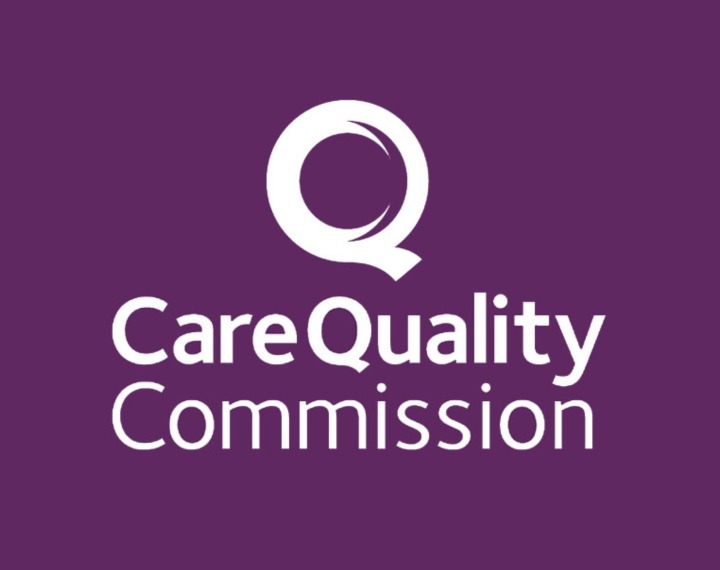From March 11, 2024, sponsor licence holders within the care sector in England are mandated to be registered with the Care Quality Commission (CQC) if they engage in regulated activities. This requirement, outlined in the new Rules, poses a substantial constraint on the sponsorship capabilities of care home businesses, particularly those intending to sponsor care workers or senior care workers identified by occupation codes 6145 and 6146.
The rationale behind this directive, as elucidated in the explanatory memorandum accompanying the new Rules, is a proactive response to prevalent issues such as high levels of non-compliance, worker exploitation, abuse, and unsustainable demand within the care sector.
The specific limitations imposed by this requirement are detailed in descriptions corresponding to the standard occupational classification (SOC) codes 6145 and 6146, documented in both Appendix Skilled Occupations and Appendix Shortage Occupation List. Importantly, this new obligation is exclusive to England and does not impact job eligibility in Scotland, Wales, and Northern Ireland.

Source: freepik.com
For care providers, particularly care homes, undertaking regulated activities in England, compliance with the CQC registration becomes imperative. However, existing care providers sponsoring workers solely engaged in non-regulated activities are exempt from the CQC registration requirement.
This exemption grants them the ability to continue sponsoring these workers, facilitating applications for extending their stay in the UK. Nevertheless, the sponsorship of new care workers is conditional upon prior registration with the CQC.
Care providers not presently registered with the CQC, particularly those relying on an overseas recruitment talent pool, may contemplate a shift in their business model to align with the registration mandate.
Given the intricate and time-consuming nature of the CQC registration process, seeking professional advice and support is recommended to navigate this transition effectively. This proactive approach ensures that care providers can adhere to regulatory standards while maintaining operational efficiency within the evolving landscape of the care sector in England.
Sponsors in The Care Sector Are at An Increased Risk of Sponsor Compliance Action

Source: freepik.com
Sponsors within the care sector face an elevated risk of undergoing sponsor compliance action, as revealed in an impact estimate disclosed in December 2023. The Home Office conducted a thorough review of visa application data for carers and senior carers from January to June 2023, cross-referencing the sponsoring organization’s name with the publicly available register of CQC-regulated providers.
The assessment brought to light a significant finding, indicating that 22% of care and senior care workers were sponsored by employers not listed on the CQC register.
While the Home Office does not anticipate a substantial surge in CQC registrations, given the existing requirement for care providers engaged in regulated activities in England to be registered, the prospect of sponsor compliance action remains. This is underscored by the Home Office’s commitment to verifying the compliance of non-CQC-registered sponsors with UK laws, ensuring adherence to regulatory standards.
In a broader context, the care sector has been flagged for potential abuses of the sponsorship regime and exploitation of sponsored workers. Consequently, sponsors in this sector should brace themselves for sustained scrutiny from the Home Office’s sponsor compliance team.
This scrutiny may manifest through compliance audits and other sponsor compliance actions, signaling a proactive approach by the Home Office to address identified issues within the care sector and uphold the integrity of the sponsorship system.
Newly-Sponsored Carers Will Be Banned from Bringing Family Members to The UK

Source: freepik.com
Care workers falling under SOC codes 6145 or 6146, initiating a Skilled Worker visa application on or after March 11, 2024, will no longer be eligible to have their partner and children (aged under 18 at the time of their initial application as dependants) accompany them.
However, care workers who are either already sponsored or submit their application before the aforementioned date can enjoy the following privileges:
- Maintain their current sponsored role and reside in the UK.
- Allow eligible dependant family members to accompany or join them in the UK.
- Apply for an extension of their permission to stay with their existing sponsor, even if the sponsor has not registered with the CQC.
- Apply for settlement in the UK while being sponsored by their existing sponsor, even if the sponsor has not registered with the CQC.
It’s important to note that care workers who are already sponsored or apply before March 11, 2024, face certain limitations:
- Changing employers is contingent upon their new sponsor being registered with the CQC. However, if they decide to change employers, their dependent family members can still accompany them or join them in the UK.
Are the Recently Introduced Rules Aligned with Their Intended Purpose?

Source: clhgroup.co.uk
The updated sponsorship rules aim to enhance the protection of care workers in England by ensuring their employment under the oversight of the independent regulator for health and social care in England, the Care Quality Commission (CQC).
Nevertheless, there exists a potential drawback as these rules may inadvertently confine certain sponsored care workers to their current employment with non-CQC registered sponsors, unless alternative sponsorship opportunities arise with CQC-registered employers.
Concerning the prohibition on accompanying dependants, the Home Secretary asserts that the government expects workers without family commitments to willingly step forward following the rule change. However, the practical reality is that workers with familial responsibilities are likely to consider opportunities that they deem worth the separation from their families.
Apprehensions have been raised by unions and various stakeholders, suggesting that the policy may carry significant drawbacks. Given the relatively low pay rates in the care sector, partners accompanying care workers play a crucial role in elevating living standards by contributing to household income.
Some partners even contribute to addressing skills shortages within the sector. Additionally, accompanying family members provide essential emotional support to care workers identified as potentially vulnerable.
In light of these concerns, it is imperative for the Home Office to conduct an early review of the policy, taking into account various factors such as:
- The potential exacerbation of skills shortages in the care sector, either by reducing the number of workers willing to relocate to the UK, increasing costs for care providers sponsoring workers recruited as partner dependants, or both.
- The policy’s impact on separating families and the consequences thereof.
- The increased risk of exploitation for carers not accompanied by family members, owing to isolation and heightened financial pressure.
- The potential significant impacts on carers’ mental health and wellbeing resulting from isolation or family separation.
This proactive evaluation will ensure that the policy is not only effective in achieving its objectives but also considers the broader implications on workers, their families, and the overall dynamics of the care sector.












